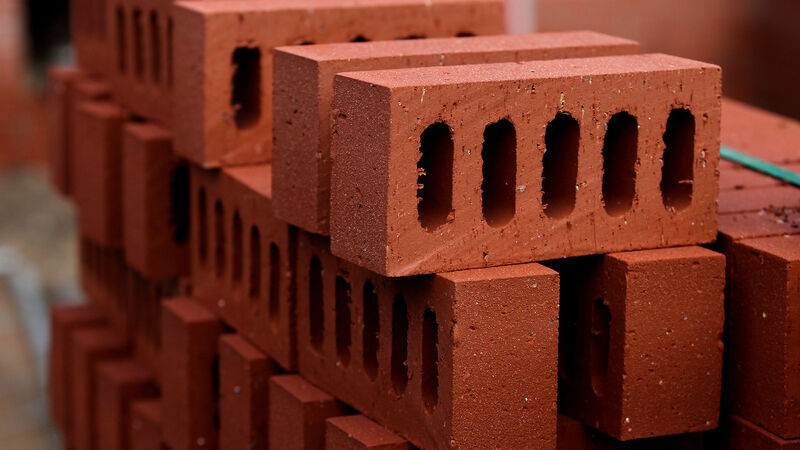Britain needs to build 400,000 new homes a year to meet chronic shortages, analysis shows

More than four years ago, the ruling Conservative Party pledged to build 300,000 new homes a year, a target they fell short of every year after, before making it advisory in 2022.
Britain is not building enough homes and the shortage is about to get even worse. That is based on calculations by Bloomberg News of government population data and homebuilding targets from the biggest political parties, which suggests a shortfall of almost 100,000 homes a year over the next parliament when including pent-up demand from years of missed targets.
As it is in Ireland, housing is a key battleground for politicians as the country readies for Westminster elections expected later this year. A prelude of which comes with two by-elections on Thursday, where a lack of affordable housing has come into sharp relief.











